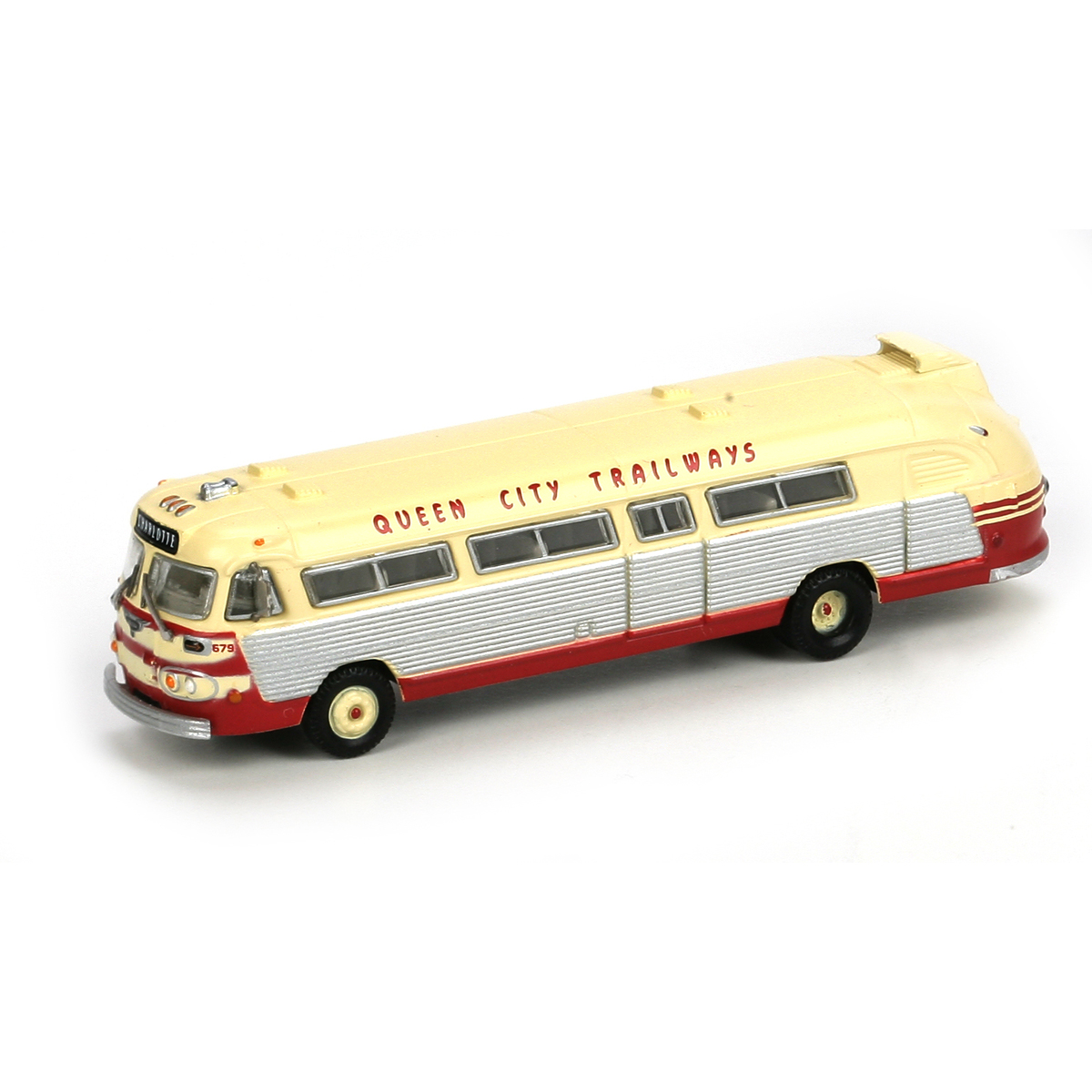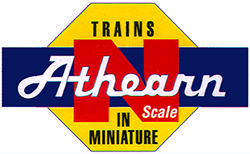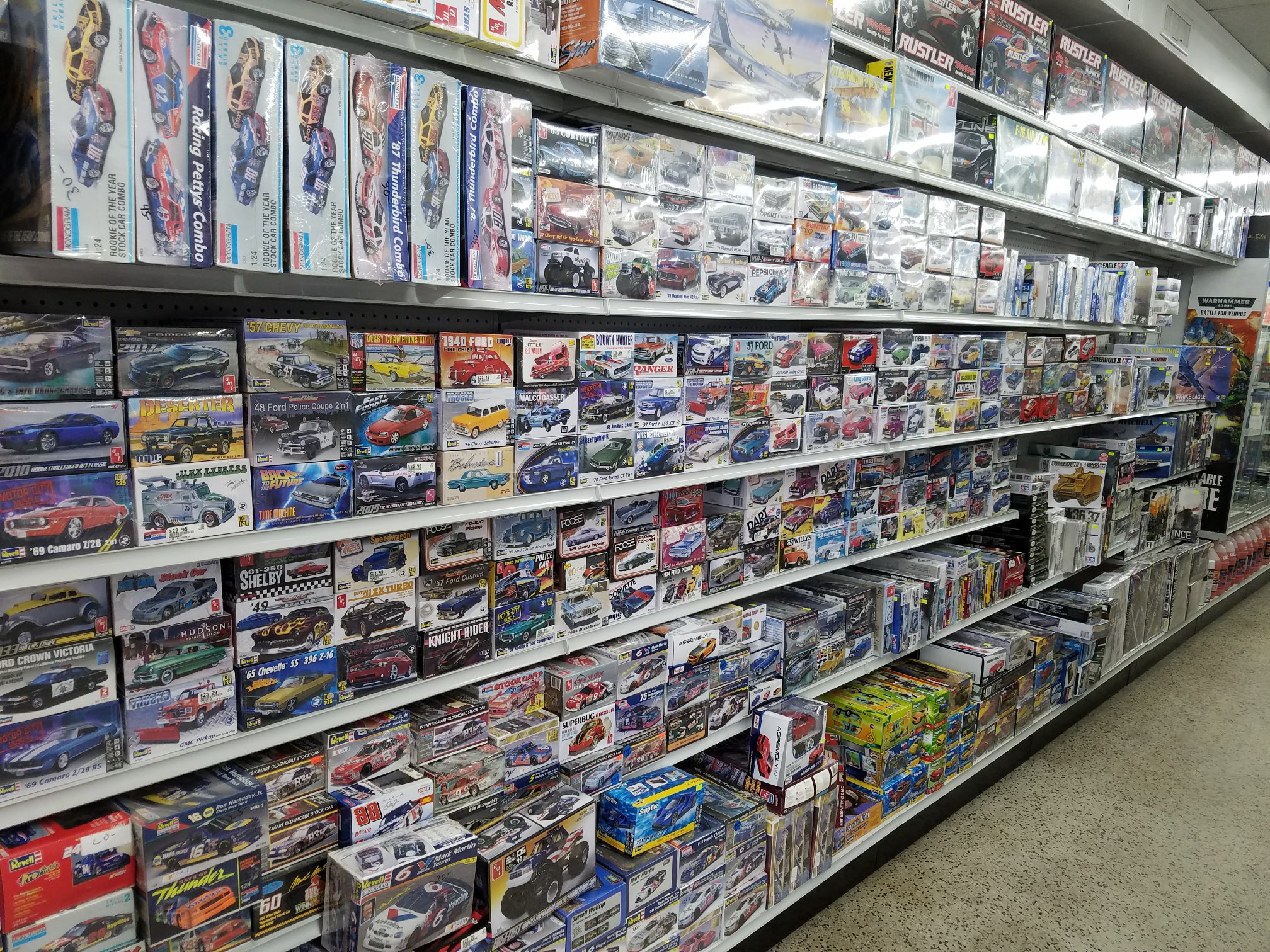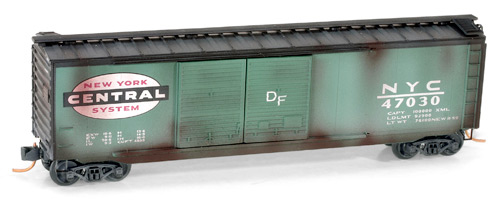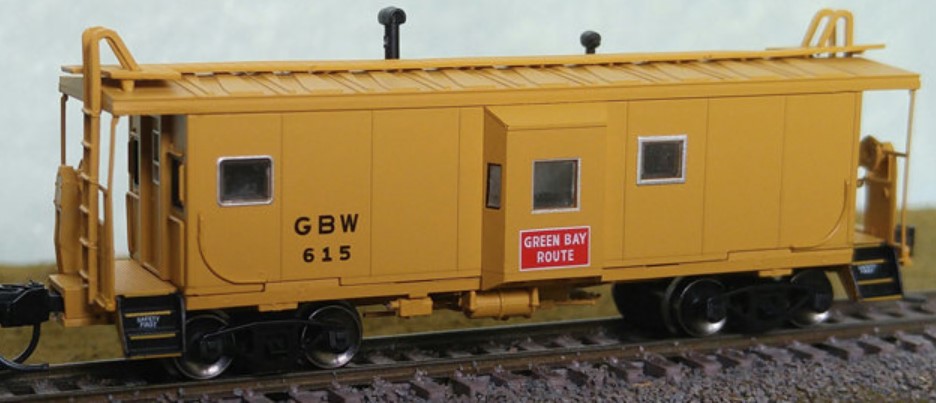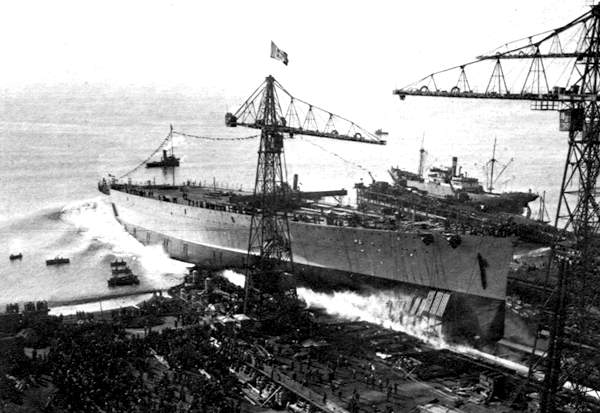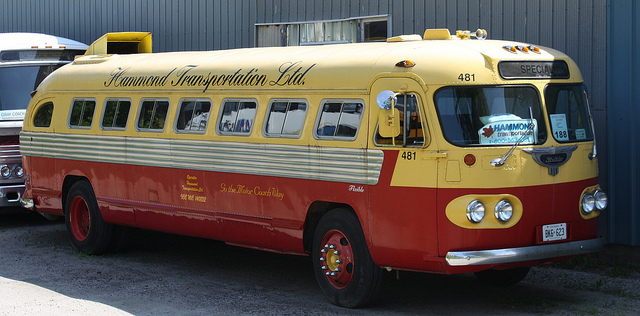Specific Item Information: Queen City Trailways (aka: Queen City Coach) was active 1939-1966.
Prototype History: The Flxible Co. (pronounced "flexible") was an American manufacturer of motorcycle sidecars, funeral cars, ambulances, intercity coaches and transit buses, based in the U.S. state of Ohio. It was founded in 1913 and closed in 1996. The company's production transitioned from highway coaches and other products to transit buses over the period 1953–1970, and during the years that followed, Flxible was one of the largest transit-bus manufacturers in North America.
Flxible buses were produced from 1932 to 1966:
Flxible buses were produced from 1932 to 1966:
- "Airway" intercity coach (1932–1936)
- "Clipper" intercity coach (1937–1942, 1944–1950)
- "Airporter" intercity coach (1946–1950)
- "C-1" intercity coach (1950)
- "VisiCoach" intercity coach (1950–1958)
- FL "Fageoliner" transit bus (1953–1954)
- FT "Flxible Twin" transit bus (1953–1959)
- VL-100 "VistaLiner" two-level intercity coach (1954–1959)
- "StarLiner" intercity coach (1957–1967)
- "Hi-Level" intercity coach (1959–1962)
- "New Look" transit bus (1960–1978)
- "FlxLiner" intercity coach (1963–1969)
- "Flxette" light duty transit bus (1964–1976)
- 870 "Advanced Design Bus" transit bus (1978–1982)
- METRO "Advanced Design Bus" (1983–1996); METRO "A" (1983–1987), METRO "B" (1988–1991), METRO "C" (1992), METRO "D" (1993–1994) and METRO "E" (1995–1996)
Road Name History: 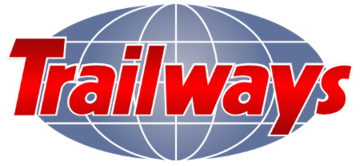 The Trailways Transportation System is a US-based network of approximately 70 independent bus companies that have entered into a brand licensing agreement. The company is headquartered in Fairfax, Virginia. The predecessor to Trailways Transportation System was founded February 5, 1936, by Burlington Transportation Company, Santa Fe Trails Transportation Company, Missouri Pacific Stages, Safeway Lines, Inc., and Frank Martz Coach Company.
The system originated with coast-to-coast service as the National Trailways Bus System (NTBS). Greyhound Lines had grown so quickly in the 1920s and 1930s that the Interstate Commerce Commission encouraged smaller independent operators to form the NTBS to provide competition. Unlike Greyhound, which centralized ownership, Trailways member companies became a formidable competitor while staying an association of almost 100 separate companies. In the 1950s, Morgan W. Walker, Sr., of Alexandria, Louisiana, became head of the southern division of the company. He had entered the business on a small scale during World War II as the Interurban Transportation Company of Alexandria.[3] During the 1950s and 1960s, consolidation among bus operators resulted in four of the five original Trailways members becoming part of a new company, Continental Trailways, which eventually operated the majority of Trailways routes.https://en.wikipedia.org/wiki/Trailways_Transportation_SystemFrom Wikipedia
The Trailways Transportation System is a US-based network of approximately 70 independent bus companies that have entered into a brand licensing agreement. The company is headquartered in Fairfax, Virginia. The predecessor to Trailways Transportation System was founded February 5, 1936, by Burlington Transportation Company, Santa Fe Trails Transportation Company, Missouri Pacific Stages, Safeway Lines, Inc., and Frank Martz Coach Company.
The system originated with coast-to-coast service as the National Trailways Bus System (NTBS). Greyhound Lines had grown so quickly in the 1920s and 1930s that the Interstate Commerce Commission encouraged smaller independent operators to form the NTBS to provide competition. Unlike Greyhound, which centralized ownership, Trailways member companies became a formidable competitor while staying an association of almost 100 separate companies. In the 1950s, Morgan W. Walker, Sr., of Alexandria, Louisiana, became head of the southern division of the company. He had entered the business on a small scale during World War II as the Interurban Transportation Company of Alexandria.[3] During the 1950s and 1960s, consolidation among bus operators resulted in four of the five original Trailways members becoming part of a new company, Continental Trailways, which eventually operated the majority of Trailways routes.https://en.wikipedia.org/wiki/Trailways_Transportation_SystemFrom Wikipedia

Brand/Importer Information: Athearn's history began in 1938, when its founder-to-be, Irvin Athearn, started an elaborate O scale layout in his mother's house. After placing an ad selling the layout, and receiving much response to it, Irv decided that selling model railroads would be a good living. He sold train products out of his mother's house through most of the 1940s. After becoming a full-time retailer in 1946, Irv opened a separate facility in Hawthorne, California in 1948, and that same year he branched into HO scale models for the first time.
Athearn acquired the Globe Models product line and improved upon it, introducing a comprehensive array of locomotive, passenger and freight car models. Improvements included all-wheel drive and electrical contact. One innovation was the "Hi-Fi" drive mechanism, employing small rubber bands to transfer motion from the motor spindle to the axles. Another was the double-ended ring magnet motor, which permitted easy connection to all-wheel-drive assemblies. Athearn was also able to incorporate flywheels into double-ended drives.
The company produced a model of the Boston & Maine P4 class Pacific steam locomotive which incorporated a cast zinc alloy base and thermoplastic resin superstructure. It had a worm drive and all power pickup was through the bipolar trucks that carried the tender. This item was discontinued after the Wilson motor was no longer available, and was not redesigned for a more technologically advanced motor.
Athearn's car fleet included shorter-than-scale interpretations of passenger cars of Southern Pacific and Atchison, Topeka & Santa Fe Railroad prototypes. The company also offered a variety of scale-length freight cars with sprung and equalized trucks. The cars could be obtained in simple kit form, or ready-to-run in windowed display boxes. The comprehensive scope of the product line contributed to the popularity of HO as a model railroad scale, due to the ready availability of items and their low cost.
Irv Athearn died in 1991. New owners took control in 1994, but continued to follow Athearn's commitment to high-quality products at reasonable prices. Athearn was bought in 2004 by Horizon Hobby. Athearn was then moved from its facility in Compton to a new facility in Carson, California. In mid-2009, all remaining US production was moved to China and warehousing moved to parent Horizon Hobby. Sales and product development was relocated to a smaller facility in Long Beach, California.
Read more on Wikipedia and Athearn website.
Athearn acquired the Globe Models product line and improved upon it, introducing a comprehensive array of locomotive, passenger and freight car models. Improvements included all-wheel drive and electrical contact. One innovation was the "Hi-Fi" drive mechanism, employing small rubber bands to transfer motion from the motor spindle to the axles. Another was the double-ended ring magnet motor, which permitted easy connection to all-wheel-drive assemblies. Athearn was also able to incorporate flywheels into double-ended drives.
The company produced a model of the Boston & Maine P4 class Pacific steam locomotive which incorporated a cast zinc alloy base and thermoplastic resin superstructure. It had a worm drive and all power pickup was through the bipolar trucks that carried the tender. This item was discontinued after the Wilson motor was no longer available, and was not redesigned for a more technologically advanced motor.
Athearn's car fleet included shorter-than-scale interpretations of passenger cars of Southern Pacific and Atchison, Topeka & Santa Fe Railroad prototypes. The company also offered a variety of scale-length freight cars with sprung and equalized trucks. The cars could be obtained in simple kit form, or ready-to-run in windowed display boxes. The comprehensive scope of the product line contributed to the popularity of HO as a model railroad scale, due to the ready availability of items and their low cost.
Irv Athearn died in 1991. New owners took control in 1994, but continued to follow Athearn's commitment to high-quality products at reasonable prices. Athearn was bought in 2004 by Horizon Hobby. Athearn was then moved from its facility in Compton to a new facility in Carson, California. In mid-2009, all remaining US production was moved to China and warehousing moved to parent Horizon Hobby. Sales and product development was relocated to a smaller facility in Long Beach, California.
Read more on Wikipedia and Athearn website.
Item created by: CNW400 on 2019-02-22 17:05:44. Last edited by Lethe on 2020-06-01 00:00:00
If you see errors or missing data in this entry, please feel free to log in and edit it. Anyone with a Gmail account can log in instantly.
If you see errors or missing data in this entry, please feel free to log in and edit it. Anyone with a Gmail account can log in instantly.


